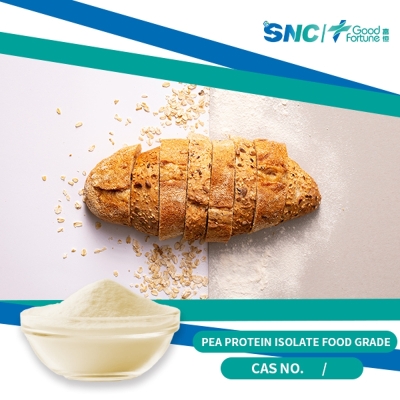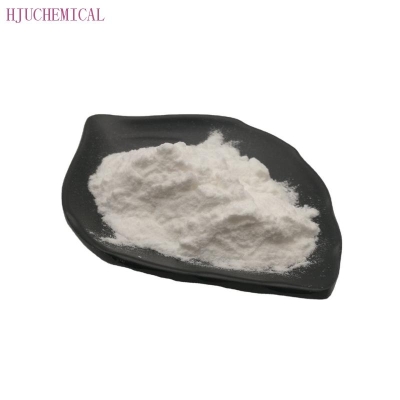Scientists succeed in reducing the slight bitter taste of stevia sugar
-
Last Update: 2021-02-16
-
Source: Internet
-
Author: User
Search more information of high quality chemicals, good prices and reliable suppliers, visit
www.echemi.com
good news for consumers who like sweets.
,
Cornell
food scientists have successfully used physical methods to reduce the slightly bitter aftertaste of stevia stevia sweeteners, the Journal of Food Chemistry
14
said."
the food industry continues to evaluate and apply several high-strength calorie-free sweetener alternatives to emulate the taste of sucrose.
"
" lead researcher
Samriddh Mudgal
noted that the
"
increased demand for natural ingredients has contributed to the popularity of stevia glycosides extracted from stevia. Stevia has been used in South Africa for centuries. Because stevia glycoside has a greater impact on blood sugar, it is an attractive natural sweetener for consumers to control carbohydrate intake.
”Cornell
NMR
Equipment Director
Ivan Keresztes
, Professor of Molecular and Cell Biochemistry
Gerald W. Feigenson
and
Syed Rizvi
, a professor of food processing engineering, are both involved in
Mudgal
's
"
binding of bovine serum proteins to lebodyside
A
to control the spatial structure of the lebodyside
A
taste complex.
"
research.found that stevia is widely used in the beverage industry, packaging materials, salad dressings, soup powder and dairy products.previous studies focused on the modification of taste receptors,
Mudgal
and colleagues tried a different approach. One component of stevia is Leboldisin
A-
called
Reb A-
, a glycoside molecule that provides sweet but also bitter taste, thus limiting the commercial use of sweeteners. When eaten,
RebA
activates the
hTAS2R4
and
hTAS2R14
on the tongue.researchers modified
Reb A
to become a stable
Reb A-
protein complex using the
"
hydrophobic action
"
of bovine serum protein to become a stable
Reb A-
protein complex, while also breaking down the molecular components of
Reb A
. This protein modification method enables the tongue's
hTAS2R4
and
hTAS2R14
bitter-tastes to fail to recognize the
Reb A-
protein complex, thereby breaking down the bitter taste of stevia.researchers tested the stability of modified proteins in orange juice and found that the sweetener complex was intact.
Mudgal
points out that , a modification that does not contain chemicals, is economical, and that simple physical methods to control reactions between
Reb A
and the subject will contribute to the prevalence of stevia glycosides.
”
This article is an English version of an article which is originally in the Chinese language on echemi.com and is provided for information purposes only.
This website makes no representation or warranty of any kind, either expressed or implied, as to the accuracy, completeness ownership or reliability of
the article or any translations thereof. If you have any concerns or complaints relating to the article, please send an email, providing a detailed
description of the concern or complaint, to
service@echemi.com. A staff member will contact you within 5 working days. Once verified, infringing content
will be removed immediately.







